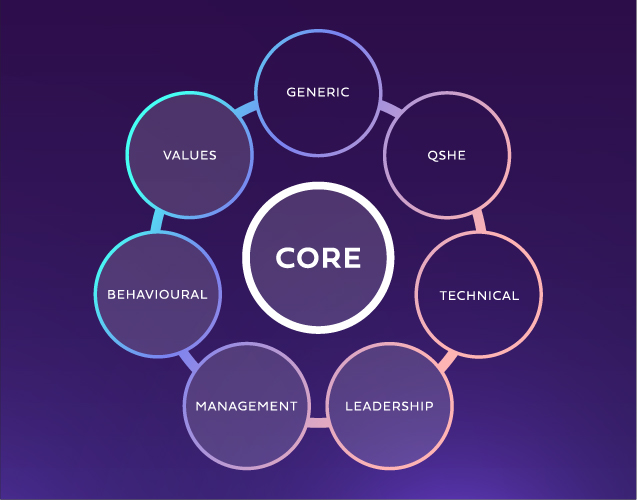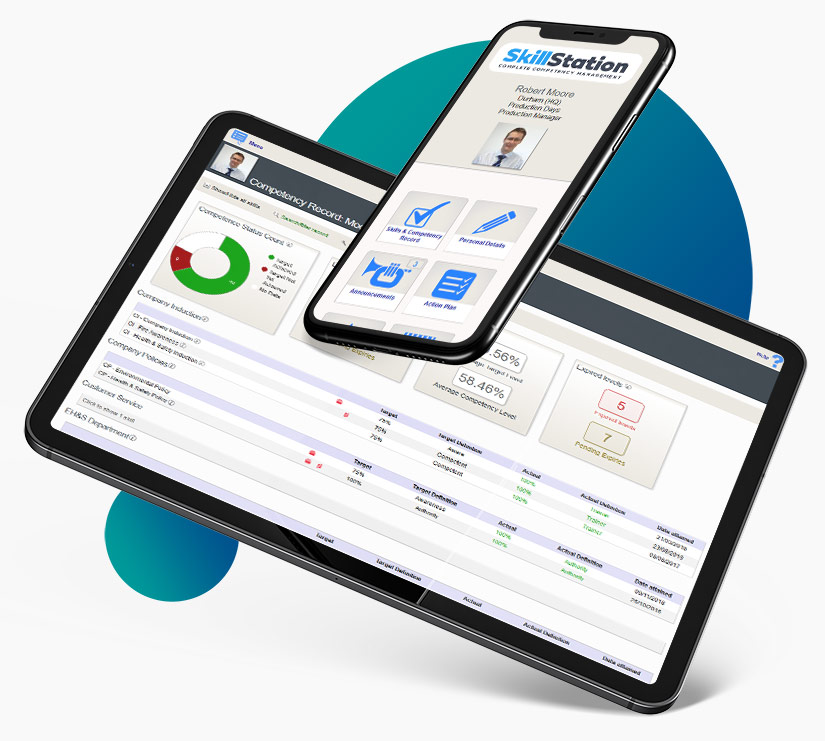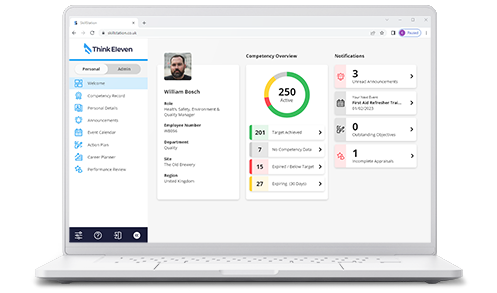The majority of people we work with are good at heart, but are they great employees? Bearing in-mind that any organisation's biggest ongoing cost is payroll, are you leveraging value from this vitally important and expensive resource?
I hope you will agree that the majority of people we meet or work with are good at heart, but are they great employees? Bearing in-mind that any organisation's biggest ongoing cost is payroll, are you leveraging value from this vitally important and expensive resource?
Our mission is to help our clients maximise the contribution of their people, and in doing so maximise their collective value and impact. Let's explore some of the reasons and solutions behind unlocking the potential of your greatest asset - your people.
1. Conventional vs. Transformational
It’s important to recognise the issues and challenges preventing the optimisation and engagement of your people. The lists below set out a conventional approach to training & development versus a more forward-thinking and transformational approach. The question to consider here is, what’s your approach?
This quote from Henry Ford illustrates why the status quo prevails, “If you do what you’ve always done, you’ll get what you’ve always gotten”.
Conventional
- Primary focus on technical skills and training.
- Training records of and skills matrices focused on compliance and what people can currently do.
- Training with no assessment of competence i.e. trained assumed competent.
- Job Descriptions, which are rarely review and updated to reflect the current requirements of the role.
- Training Budget – often looking backwards (e.g. what we spent last year and seldom linked or designed to address the business objectives).
- Talent Management – lacking objective and underpinning evidence of capability and performance.
Transformational
- Recognise the importance of individual and organisational behaviours, values and culture as key enablers.
- Competency framework defining the knowledge, skills, training, compliance and capabilities/competencies for the entire workforce.
- Development and assessment of people embracing wider interventions such as; coaching, mentoring, secondments, on-the-job training and so much more.
- Role/Competency Profiles defining the standard and scope of capabilities for every role.
- Detailed and accurate training and development needs analysis looking at current state vs. future requirements.
- Detailed reporting at an individual, role, department, site, division and global level. Objective and evidence-based assessment.
2. Engaging and Assessing the Whole Person
The illustration below represents what we believe should be considered when reviewing and developing a person or workforce.
It’s time to take a much broader view i.e. not focus too heavily on technical skills. Yes, these are vitally important, however, so is the ability to work as part of a team, communicate effectively, manage people and resources and lead people in-line with your core values.
Think Eleven's approach to Competency Frameworks includes all aspects of the model.
Training is a requirement; competency is a necessity!
3. Defining a Minimum Standard of Performance – Raising the Bar
Defining what good looks like for every role/function in your organisation is important. Guess what, if you allow people to define their own standard (level of the bar), it invariably won’t be high enough. It’s therefore vitally important that the management team reviews and defines what the minimum standard is in terms of:
- Values and behaviours (culture)
- Technical knowledge, skills and ability
- Management and leadership capability
People cannot be criticised for poor performance if the standard is not defined or communicated. The more informed organisations review these standards on an annual basis to ensure they are fit for purpose, underpin the organisational goals and ensure they remain competitive and successful going forward.
4. "What Gets Measured Gets Done", Lord Kelvin
Once you have defined the minimum standard it needs to be measured. You need to develop a process to assess your workforce against the defined standard on an on-going and regular basis. This works even better if you can empower your workforce with ownership of their personal development. Quite often organisations have:
- Training Records
- Skills Matrices
These processes tend to focus on what’s happened (looking in the rear-view mirror) and rarely review or assess the broader attributes of a person as defined in the aforementioned Competency Framework.
Whilst spreadsheets and other off-the-shelf software tools have their place, it’s maybe time to consider a more accessible 21st Century solution, especially if you are larger organisation with more than say 50 people or multiple sites/locations.
5. Software Solutions (Digitalisation)
There are a wide range of on-line training, learning and competency management systems available on the market. Before making your selection it’s important that you fully understand what your requirements are in order to make the right selection.
Selecting the right solution can add significant value and benefits. Some examples include:
- Move away from fragmented spreadsheets or paper records
- Provide accurate and detailed information at your fingertips from any connected device
- Standardise roles and the associated learning, training, skills and competencies
- Detailed reporting within a few mouse clicks
- Optimise and streamline your approach to learning & development
Think Eleven has developed SkillStation, our online training, competency and performance management solution. Visit our SkillStation Overview page on our website to find out more.





